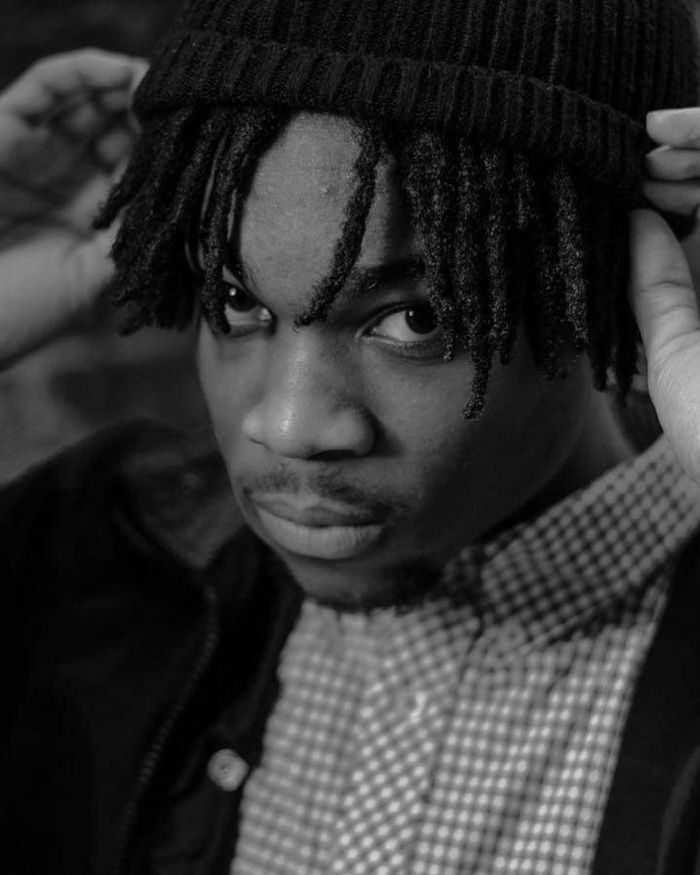Angels in America, Part 2: Perestroika is a weird and kaleidoscopic beauty to behold
Shay Gillams finds much to marvel at in the “kind of painful progress” of the second instalment of this American epic

“It’s 1986 and there’s a plague”, as Joe Pieri’s Walter Prior says, a plague sweeping across New York City and the rest of the United States. Angels in America: A Gay Fantasia on National Themes, Part 2: Perestroika covers the peak years of the AIDS epidemic, that took the lives of many in the LGBGTQ+ community, and how people lived through their prolonged deaths, survived and reacted to the crisis. But it’s equally about loneliness and abandonment, empathy and selfishness, religion and modernity, and, perhaps most of all, change. Bringing such a critically lauded and lengthy play, of such complexity, to the ADC stage must have felt a daunting task. But, fortunately for the viewing public, this production makes the most of it. Just like Part 1 did last year, this production of Angels in America Part 2 radiates the beauty of life despite the pain, animating Tony Kushner’s Pulitzer-Prize-winning words.
A kaleidoscopic fever dream, hallucination, prophetic divine vision on “the threshold of revelation”
A significant part of this production’s excellence comes from set design and clever choices from Director Alistair Henfrey. For instance, characters have their own spaces on stage (a couple has their home, a dying man his hospital bed, etc.), but these spaces are demarcated by lighting effects, or on-stage markers that fade into your peripheral vision as you watch, and characters sometimes cannot see each other, but sometimes can. As a result, the consideration of what is a kaleidoscopic fever dream, hallucination, prophetic divine vision on “the threshold of revelation” or real-life experience disorientates the audience as much as it does the characters in the play. In a similar vein, the curtain moving up to reveal a stairway to heaven, a black-clad surreally-strange Angel, and looming LED angel wings, creates an intimacy between the small realities of human life and the epic divinity of higher powers, blending the two together as the play continues. The skulking, threatening presence of Daniel Bishop’s Roy Cohn languishing slowly for his sins at the back-right corner of the stage is also great, making death even more of a constant inevitability throughout the play.

These incisive production choices would be wasted without the superb acting throughout the production. In particular Pieri’s performance as Prior Walter shines with vulnerability and resilience, all the while providing some of the biggest laughs in the production, and making the audience want to fight for life and happiness as a form of resistance, as much as he does. Bishop’s shouting, seethingly obnoxious performance as Roy Cohn, a bigoted “polestar of human evil” is also brilliant. Bishop plays Cohn as a truly nasty individual, but never loses the tragedy within the character as he sees his life and identity crumble. Similar nuance is found in Annabelle Haworth’s portrayal of Harper. Her performance allows the character to appear simultaneously as a valium-addicted dark comic, convincingly insane Antarctic hallucinator and deeply pained individual, putting emphasis on each aspect of the character as the scene demands, but never losing any. Her character’s husband, Joe, is portrayed just as well by Paul Storrs, who moves the gay, Mormon, republican attorney from stilted to comfortable, back to laboriously judderingly awkward, to snapping under the tension, very effectively.
Miss Angels in America at your own peril. If you saw Part 1 this time last year, go and see every loose end and cliffhanger moment come to a deeply satisfying fruition. If you didn’t, use the fliers provided in the ADC Bar beforehand to catch up on the journey and dive into the deep-end. The evening, even with the play’s four-hour run-time – including two well-placed intervals – is well worth your time, for the fantastical weirdness, emotional poignancy and myriad clever choices of the production.
 Music / The pipes are calling: the life of a Cambridge Organ Scholar25 April 2025
Music / The pipes are calling: the life of a Cambridge Organ Scholar25 April 2025 Arts / Plays and playing truant: Stephen Fry’s Cambridge25 April 2025
Arts / Plays and playing truant: Stephen Fry’s Cambridge25 April 2025 Comment / Cambridge builds up the housing crisis25 April 2025
Comment / Cambridge builds up the housing crisis25 April 2025 Interviews / Dr Ally Louks on going viral for all the wrong reasons25 April 2025
Interviews / Dr Ally Louks on going viral for all the wrong reasons25 April 2025 News / Candidates clash over Chancellorship25 April 2025
News / Candidates clash over Chancellorship25 April 2025






